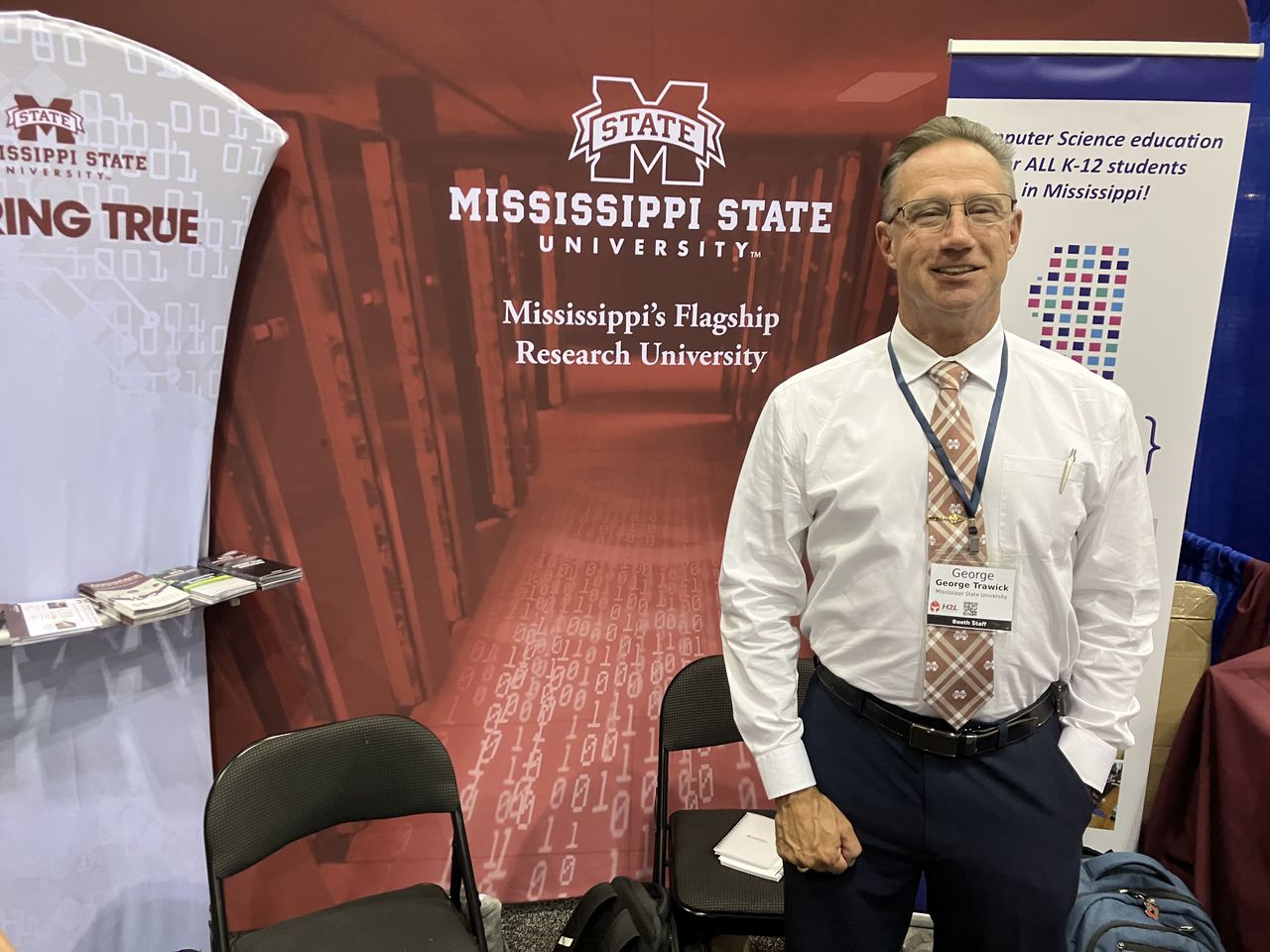Huntsville cyber summit: Priority is taking the hack and staying online
For the first time in its 14-year history, the National Cyber Summit in Huntsville this year topped 3,000 attendees interested in new threats, discoveries and defense techniques for operating online.
What or who are today’s threats? “A little bit of everybody,” summit Executive Director Steve Pratt said. “Foreign companies like China, Russia and North Korea, also bad actors all around, what we call ‘hacktivists’ with an agenda they’re trying to push or attacking companies for ransom.”
And what is today’s answer to that challenge? Designing a system that can take a hack and stay online.
Attendees at the summit included federal agencies such as the FBI and Federal Aviation Administration looking for talent and universities putting their cyber study programs before young attendees and veteran managers. Talking to universities about what they’re teaching and planning to teach next is a good way to learn today’s threats and what’s expected ahead, experts say.
George Traywick is cyber coordinator for Mississippi State University Computer Science Department and a teaching professor. MSU is known in the Huntsville community as one of the pipelines for young engineers seeking work in Huntsville’s technical and cyber fields.
George Traywick is cyber coordinator for the Mississippi State University Computer Science Department and a teaching professor. MSU is known in the Huntsville community as one of the pipelines for young engineers coming to work in Huntsville’s defense, space and cyber fields.
“We’ve got two degrees now,” Traywick said of cyber studies. “A master’s degree in cyber security and operations and an undergraduate degree in cyber security and we’re standing up a third degree in applied cyber security. So, yes, it’s growing constantly. We’re starting to catch up with the computer science degrees and computer engineering degrees.”
Mississippi State wasn’t the only educational center on the exhibit hall floor. Athens State University, Auburn University, The University of Alabama in Huntsville and the University of Alabama Executive MBA Program were among the schools with booths.
“The students coming in just don’t understand how broad the field is,” Traywick said. “I’m trying to focus their attention on ‘risk’ because cybersecurity is all about risk and how they can apply what we talk about in cyber and security to their everyday lives. Something they can connect with.”
“Everybody knows somebody that’s been hacked, scammed or had data stolen from them,” Traywick said. “We give them that anchor and then expand into these advanced, persistent threats, the national threats as well as the infrastructure threats that organizations have.”
Traywick said cybersecurity today isn’t as much about making sure everything is locked and secure as it is about securing the ability to do the organization’s mission, regardless. “People think of cybersecurity as locking down and mitigating risks,” Traywick said. “Good. But you have to be able to do it in a way that still maintains the mission.”
Experts used to talk about redundancy and disaster recovery, Traywick said. “Now it’s more about how do I make it through the fight? How do I take the hit and keep doing what we’re doing without shutting down?
